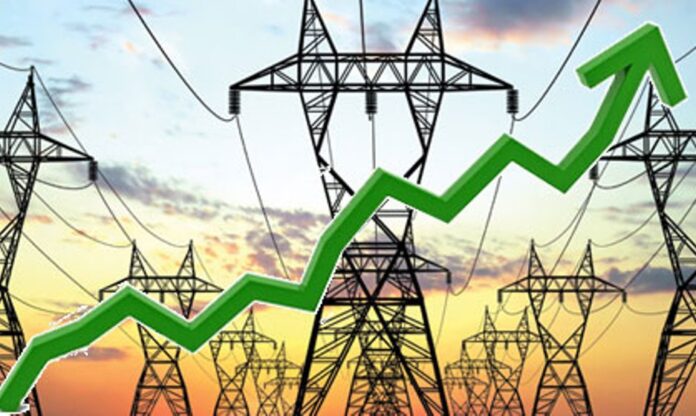ISLAMABAD: Power consumers across the country, except the residents of Karachi, are likely to face a Rs 1.27 per unit tariff hike on account of fuel charges adjustment (FCA) for April, 2025.
On behalf of power distribution companies (DISCOs), the Central Power Purchasing Agency Guarantee Limited (CPPA-G) has requested the National Electric Power Regulatory Authority (NEPRA) to approve a hike of Rs 1.2685 per kilowatt hour (kWh) under the head monthly fuel price adjustment.
According to CPPA-G’s petition, the actual fuel cost incurred during the month was Rs9.9197 per kilowatt-hour (kWh), while the reference cost—used for billing consumers—was Rs7.6803 per kWh. This difference of Rs1.2685 per unit is now sought to be recovered from consumers.
In its request, CPPA-G stated that a total of 10,513 gigawatt-hours (GWh) of electricity was generated in April, out of which 10,196 GWh—nearly 97 percent— was supplied to the distribution companies, with the rest lost in transmission. The data reveals that the generation mix for the month remained heavily reliant on costly imported fuels. Over 20 percent of the electricity was generated using imported re-gasified liquefied natural gas (RLNG), with an extremely high cost of Rs24.26 per unit. Electricity produced from imported coal also remained expensive at Rs16.60 per unit.
While the share of hydropower was relatively significant at 21.94 percent and nuclear power contributed 17.91 percent at a low cost of Rs2.10 per unit, these cheaper sources were unable to offset the impact of expensive fuel-based generation. Local coal accounted for 14.51 percent of the generation at Rs11.21 per unit, and gas-based power added another 8 percent at Rs11.82 per unit. Power generation from furnace oil, though minimal at just 0.79 percent, was the costliest, recorded at a staggering Rs28.77 per unit.
The petition also highlighted a small quantity of power—around 0.31 percent—imported from Iran, which came at a high cost of Rs25.35 per unit. No generation was recorded from high-speed diesel, which is typically reserved for emergency use due to its high cost.
This proposed increase, if approved, will be reflected in the electricity bills of millions of consumers, excluding lifeline users.
NEPRA has invited all interested and affected parties to submit their written or oral objections during the public hearing. The final decision on the tariff adjustment will be announced after due deliberation.




